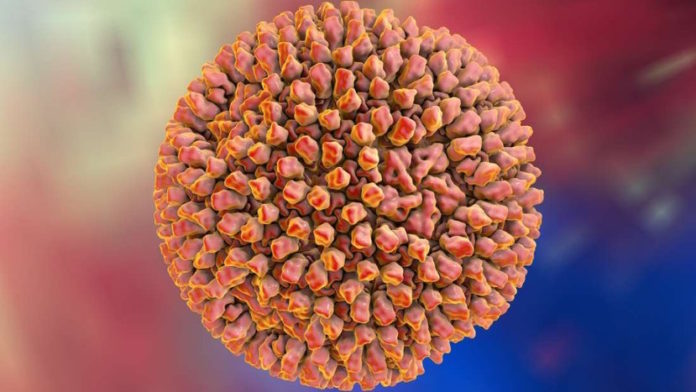Researchers have demonstrated how a seemingly benign human virus can trigger an immune response against gluten when the protein is given to mice. Their study is published in the journal Science.
They found that intestinal viruses can cause the immune system to overreact to gluten, and wondered if this could be a trigger to developing celiac disease. They tested this by infecting mice with a common strain of reovirus, which is usually symptomless, and then feeding them small amounts of gliadin, a component of gluten.
Their results showed that the mice infected with the virus produced up to three times more antibodies against the protein in the two days after they consumed it than when they were virus-free.
The researchers also looked at patients with celiacs disease and found they had much higher levels of antibodies against reoviruses than those without the disease. Those with higher levels of antibodies also had higher levels of the molecule IRF-1, which plays a key role in the loss of gluten tolerance.
The study concludes that infection from a reovirus could be key in developing celiac disease, especially among babies. The researchers suggest that when children first encounter solid food, usually around six months, they are particularly vulnerable to viral infections because their immune system is still developing.
For those babies already genetically predisposed to celiac disease, the combination of being vulnerable to viruses coupled with their first exposure to gluten might cause a perfect storm to develop the disease. “That’s why we believe that once we have more studies, we may want to think about whether children at high risk of developing celiac disease should be vaccinated,” said senior author Bana Jabri in a statement.
This new evidence doesn’t mean that every person who insists they need to be gluten-free are now validated. Celiac disease is rare, and even fewer people are diagnosed with it. However, low diagnosis doesn’t necessarily mean people don’t have celiac disease, it just means they haven’t officially been diagnosed with it by a doctor.
With the recent trend for gluten-free food as a “healthy” option, despite there being no evidence that it is, more people are cutting out gluten by self-diagnosis. If you think you might be intolerant to gluten, go and see a doctor first. They can’t diagnose your body’s relationship with gluten if you have already removed it from your diet.
Source: IFLScience






























